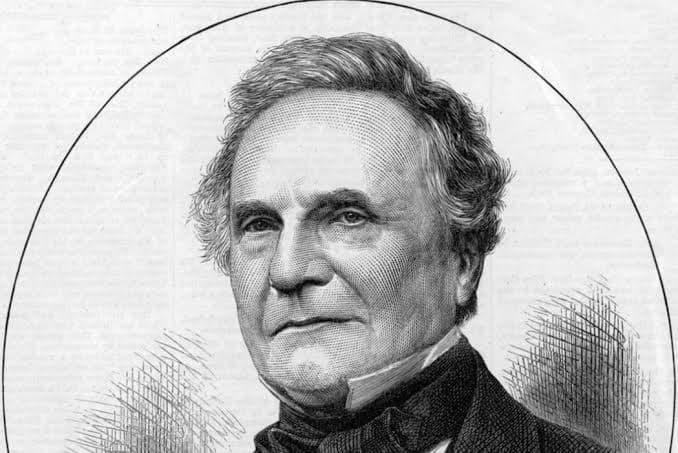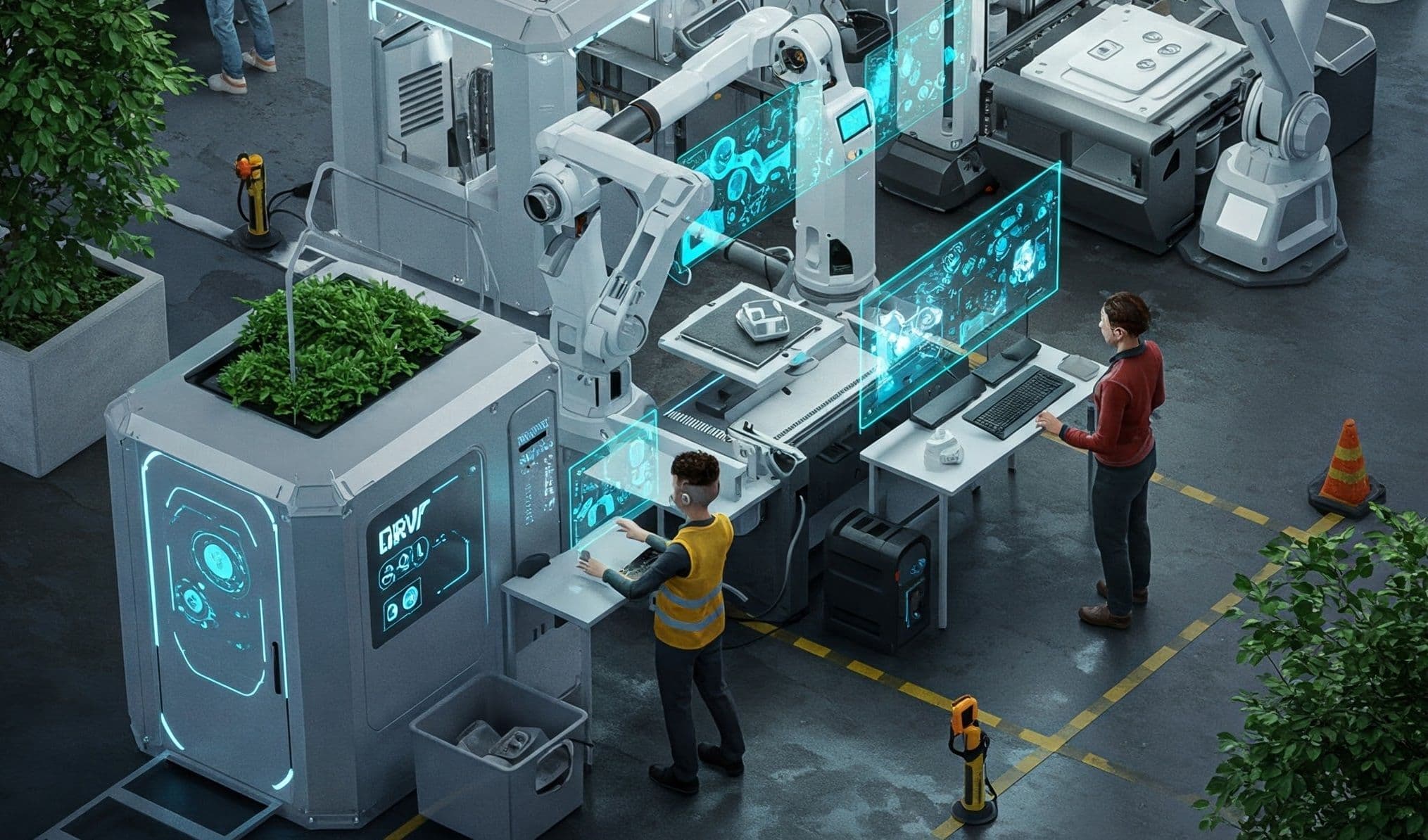
Charles Babbage, the Restless Mind who Envisioned the Computer
The story of the man who revolutionised scientific thought by envisioning machines capable of performing complex calculations, laying the theoretical foundations of modern computing.Curious, hungry for knowledge, and blessed with a brilliant mind. This combination transformed mathematician and scientist Charles Babbage into the father of modern computing. An Englishman so restless that, beyond the machines that brought him posthumous fame and laid the foundations for computers a century after his proposal, he explored a range of activities including postal cost analysis, the study of tree growth rings, message encryption, lock picking, pin manufacturing, and the invention of the "cow catcher"—the device locomotives had on their front to clear obstacles from the tracks. Computers and cow catchers in the same brain.
Reader and Self-taught Scholar
According to parish records, Babbage was born on 26 December 1791 in the outskirts of London, though The Times newspaper claimed it was a year later. Controversies aside, his childhood was marked by somewhat fragile health and the presence of a couple of tutors and special schools that guided his pursuit of knowledge. Charles always wanted to read, research and learn more, and arrived at university disappointed: he said that Trinity College, Cambridge didn't teach mathematics properly.
The Difference Engine
Despite his disappointment, he progressed rapidly in the field of science and dedicated himself to solving a serious problem in the 19th century: errors in mathematical calculations, resulting from fatigue and distraction, which brought grave consequences to navigation and caused shipwrecks. Babbage said that a machine could perform these calculations more quickly and precisely than people.
In 1822, he designed what became known as the "Difference Engine", whose primary objective was to calculate logarithm tables. Despite the money spent, he never managed to build it, but he established the theoretical foundations for any calculating automaton.
The Future of the Computer
Twelve years later, Babbage abandoned his attempts with the "Difference Engine" and began working on the "Analytical Engine", a general-purpose computer that the mathematician himself considered "a number mill capable of performing all imaginable mathematical operations". According to the blueprints, the machine should add, subtract, multiply and divide in sequence at a rate of one operation per second.
Although he worked on it until his death, the complexity of the enterprise prevented him from completing it. Again. Nevertheless, in his theoretical work and design, Babbage described the characteristics of the modern electronic computer, including a program stored on punched cards that he developed alongside his friend and fellow mathematician Ada Lovelace.
Babbage never saw his two great inventions become reality. But he conceived the fundamental ideas that would lead to him being considered the father of computing today.




